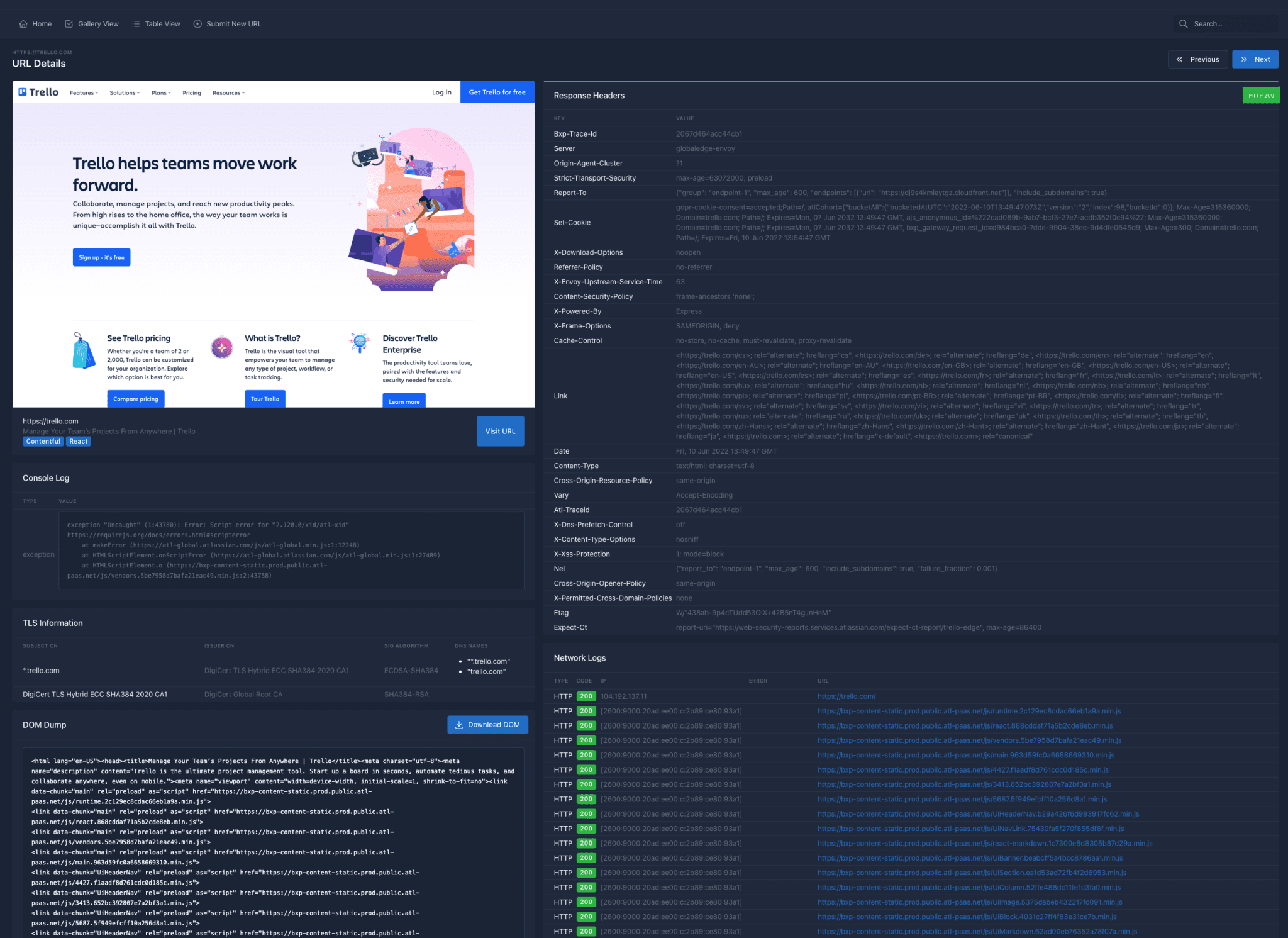Critical Linux Flaw Uncovered: CVE-2023-6246 Exposes Root Access Risk
Recently, a significant local privilege escalation (LPE) vulnerability was identified in the GNU C Library (glibc). Tracked as CVE-2023-6246, this security flaw stems from the “__vsyslog_internal()” function in glibc, responsible for logging messages in the system journal. Accidentally introduced in glibc version 2.37 in August 2022, it was subsequently carried over to version 2.36 while addressing a different vulnerability (CVE-2022-39046).
Researchers from Qualys highlight the severity of this vulnerability, as it enables unprivileged attackers to escalate their privileges to root level by manipulating logging functions in applications.

This vulnerability impacts systems like Debian 12 and 13, Ubuntu 23.04 and 23.10, and Fedora versions 37 to 39. Other Linux distributions may also be vulnerable.
In addition to CVE-2023-6246, other vulnerabilities were discovered in glibc, including two in the same “__vsyslog_internal()” function (CVE-2023-6779 and CVE-2023-6780), and a memory corruption issue in the “qsort()” function.
These vulnerabilities underscore the importance of stringent security measures in software development, particularly for key libraries widely used across various systems and applications.
In recent years, Qualys researchers have discovered multiple Linux security vulnerabilities that could allow attackers to take full control of unpatched Linux systems, even in standard configurations. These include a flaw in glibc’s dynamic library loader (Looney Tunables), a vulnerability in Polkit’s pkexec component (PwnKit), a kernel filesystem issue (Sequoia), and a vulnerability in the Sudo Unix program (Baron Samedit).





